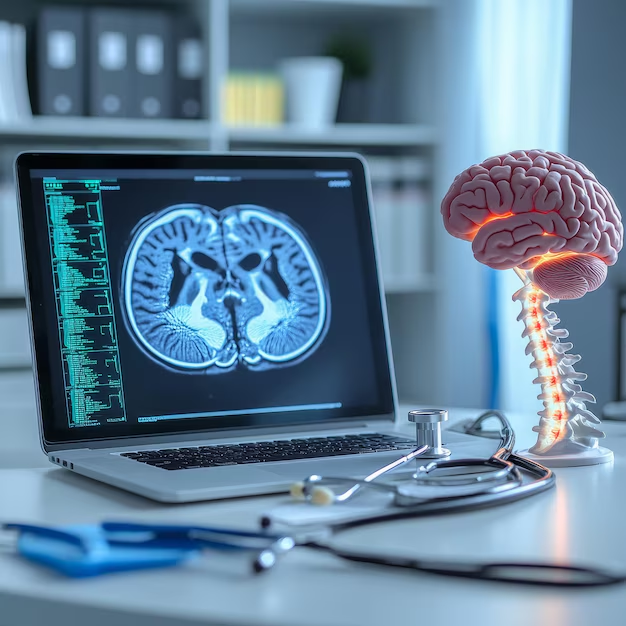Overview
A neurologist is a medical professional with advanced training in identifying, treating, and managing conditions of the brain and nervous system. This includes disorders like Alzheimer’s disease, amyotrophic lateral sclerosis (ALS), concussion, epilepsy, migraine, multiple sclerosis, Parkinson’s disease, and stroke.
A pediatric neurologist specializes in diagnosing and treating neurological conditions in children from infancy through adolescence. While some disorders overlap with those seen in adults, others are specific to younger patients. Pediatric neurologists handle common issues like migraines, epilepsy, stroke, and Tourette’s, as well as conditions involving neurogenetics and developmental challenges.
Symptoms & Diagnosis
Neurologists are skilled clinicians capable of diagnosing complex conditions through thorough history and physical examination. This includes assessments of mental status, vision, speech, strength, sensation, coordination, reflexes, and gait. Despite advancements in technology, the neurological exam remains a vital component of patient evaluation.
We differ from neurosurgeons as we do not perform surgeries on the brain or spinal cord. However, neurologists and neurosurgeons collaborate closely for various conditions, sometimes even in the operating room.
- Computed tomography (CT) or (CAT) scans
- Magnetic resonance imaging (MRI)
- Electroencephalography (EEG)
- Nerve conduction studies
- Seizure disorders, including epilepsy
- Speech and language disorders
- Spinal cord disorders
Our Services
He actively engages in clinical research trials and has contributed to peer-reviewed journals such as the Journal of the State Medical Society and Baylor University Medical Center's Proceedings. At Hahnemann Hospital in collaboration with Drexel University, he received extensive training in coronary and peripheral interventions, as well as limb salvage procedures.
Features and Benefits
- Advanced Imaging Techniques
- Comprehensive Patient Assessment
- Collaborative Multidisciplinary Care
Available Treatment Options
- Minimally Invasive Surgery
- Brain Tumor Treatments
- Trauma and Emergency Care
Health & Tips Info
We create a personalized care plan tailored to your neurological condition, ensuring you have the answers to your questions and addressing your concerns. Our hospital is recognized globally for its exceptional care and treatment, continually improving patient outcomes.




